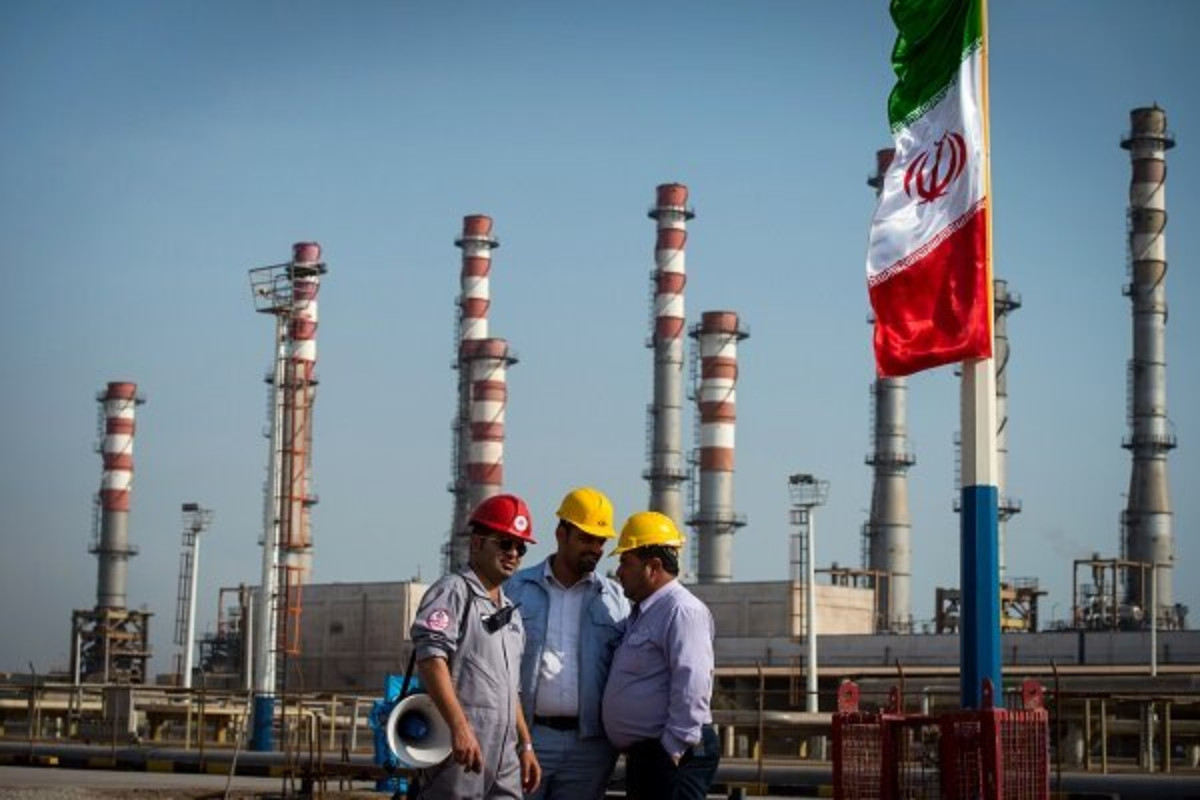Tehran, Iran– Iran’s oil minister said Sunday Tehran would “pursue its rights” to a disputed gas field also claimed by Saudi Arabia and Kuwait if negotiations fail, the ministry’s news agency reported.
The offshore zone of the resource-rich Gulf, known as Arash in Iran and Dorra in Kuwait and Saudi Arabia, has long been a focal point of contention between the three countries.
“Iran will pursue its rights and interests regarding exploitation and exploration” of the field “if there is no desire for understanding and cooperation”, Iranian Oil Minister Javad Owji was quoted as saying by the official Shana news agency.
He said Tehran has sought “the path of negotiation and understanding with our neighbours”, according to Shana.
“Iran will not tolerate any violation of its rights,” Owji added.
Earlier this month, Kuwait had invited Iran for another round of maritime border talks after Tehran said it was ready to start drilling in the field.
On Thursday, Sky News Arabia quoted Kuwait’s Oil Minister Saad Al-Barrak as saying his country would begin “drilling and production” at the gas field without waiting for a demarcation deal with Iran.
Kuwait and Saudi Arabia, who share some maritime gas and oil resources, last year signed an agreement to jointly develop the field despite objections from Iran, which branded the deal as “illegal”.
The row over the field stretches back to the 1960s, when Iran and Kuwait each awarded an offshore concession, one to the Anglo-Iranian Oil Company, the forerunner to BP, and one to Royal Dutch Shell.
The two concessions overlapped in the northern part of the field, whose recoverable reserves are estimated at some 220 billion cubic metres (nearly eight trillion cubic feet).
Iran and Kuwait have held unsuccessful talks for many years over their disputed maritime border area, which is rich in natural gas.
Iranian drilling of the field in 2001 spurred Kuwait and Saudi Arabia to agree on joint offshore projects.
Saudi Arabia and Iran ended in March a seven-year rift with a surprise Chinese-brokered rapprochement deal, raising hopes for reduced tensions between the Middle East heavyweights.








